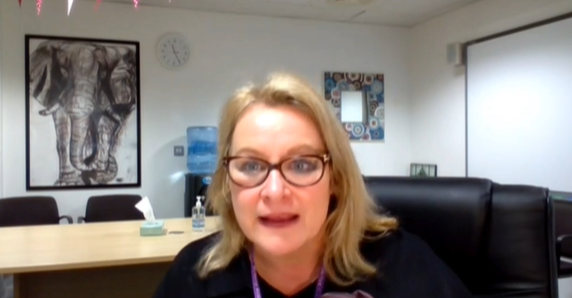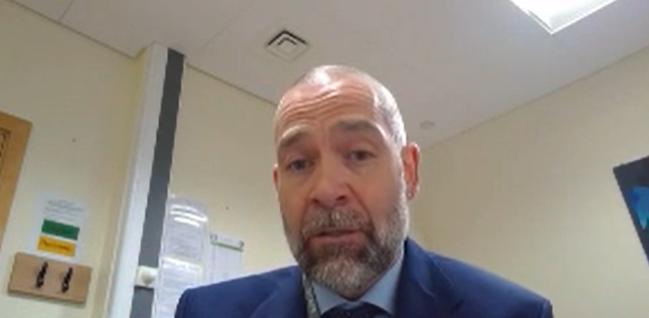School leaders told MPs today the National Tutoring Programme is a “bureaucratic nightmare” – saying giving tutor cash directly to schools instead will boost catch-up.
Headteachers from secondary, primary and special schools gave evidence to the education select committee this morning on the government’s catch-up programme.
Ruth Holden, executive headteacher at Mulberry Academy Shoreditch, in Tower Hamlets, said the government’s flagship NTP was a “bureaucratic nightmare”.
She had deputy heads telling her they “don’t have the capacity [to sign pupils up]… it’s driving me mad”.
Schools Week first revealed concerns over the NTP’s new portal – requiring school staff to manually input details for the students they want tutoring.
Heads also said they felt their own staff were better suited to providing catch-up, saying it would be better for the tutoring cash to all go directly to schools – for example, through the pupil premium route.
The NTP currently has three strands. Two are subsidised routes where approved providers send in tutors or schools are given academic mentors. The third is the school-led tutoring fund, introduced this year, to give a post of money straight to schools to source their own provision.

Statistics revealed earlier this month that schools appear to prefer the latter.
Holden added: “We found the NTP variable really variable and quite inconsistent. Some people were very good in terms of their specialism but they weren’t necessarily very good with children.
“Particularly children who need a particular style of engagement because they aren’t very able or had connectivity issues or a whole host of things to do deprivation.”
Jo Coton, chief executive at NET Academies Trust, told the committee her primary schools did not use the NTP as there needed to be an “established relationship” with children.
She added that some tutors didn’t have the recent training to be “as effective” on early reading catch-up, so have decided to pay staff in-house.
Nicola Shipman, chief executive office at Steel City Schools Partnership, said the NTP portal was “very difficult” and “it’s actually easier with people that you know to pay the money to deliver what they know the children need”.
Randstad, the HR firm that runs the NTP, defended its progress earlier this month. Karen Guthrie, programme director, said tuition organisations are now able to “do some of the administration on behalf of schools”.
‘Impossible to get supply teachers’
Staff absence has spiked again this month in schools as the Omicron covid variant sweeps through the sector.
Latest figures today show that 47,000 teachers and school leaders (9 per cent of the population) were absent last week, up from 44,000 (8.6 per cent) on January 6.
Jill Thompson, head at Kelvin Grove Primary School in Gateshead, said they were routinely contacting five different supply agencies, but were not able to get anyone.

John Blaney, assistant chief executive at BMAT education in Essex, said it had been “nigh on impossible” to get supply teachers.
He said there needed to be a “wider discussion” about “why this shortage has had such an impact now” and keeping teachers in the classroom.
Shipman said some of the retired teachers being asked to return to the classroom may not have “the most recent CPD”.
Pastoral teams ‘swamped’
Given the disruption, Blaney said he does not believe the adaptations brought in for GCSE and A-level students this summer “go far enough”, echoing a call from school leaders’ union NAHT today.
Andy Green, principal at Copleston High School in Suffolk, added that he was “torn” as current year 13s have not sat GCSEs.
Another year of cancelled exams mean they could go to university and face a “barrage” of public tests, he added.
But heads also shared how students’ mental health had to be taken into account.
Green said their mental health nurse was “swamped” with waiting lists for other services of over a year.
Thompson said they had been a “significant rise” in referrals of students to mental health services. She said their in-school pastoral team has been “swamped” and waiting lists for services were sometimes three years long.
















Far better that the money goes directly to schools. Headteachers know which teachers, retired or left the profession, are in their area. These teachers might be enticed back and because of their previous close connection to the school may well relate far better to the children than an untried stranger from a different area.